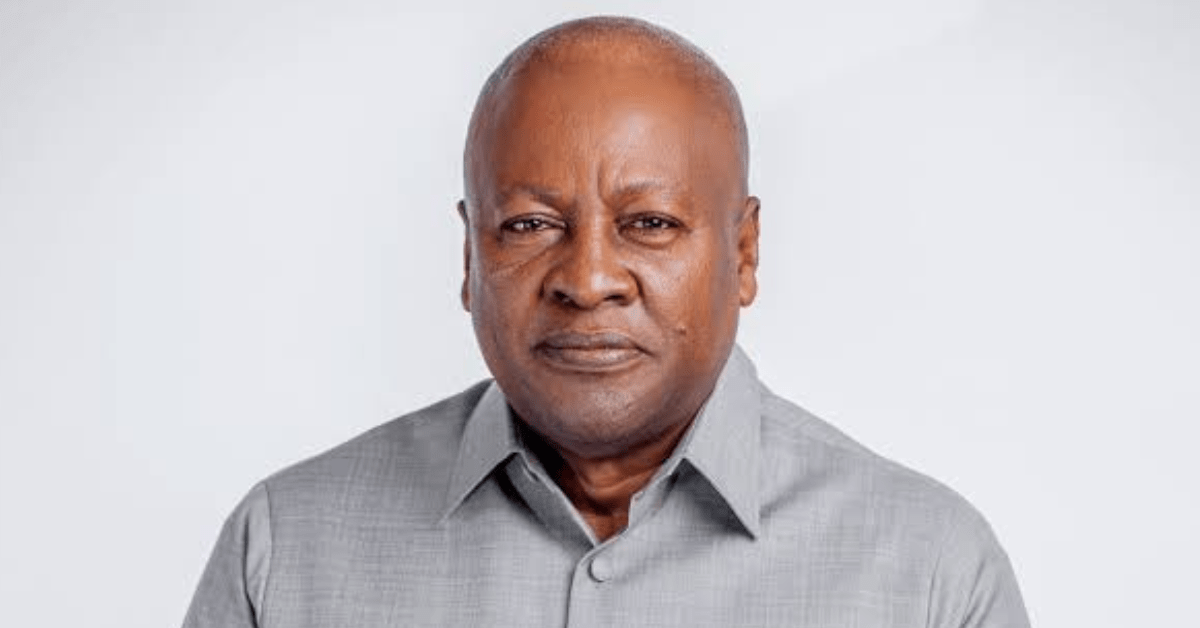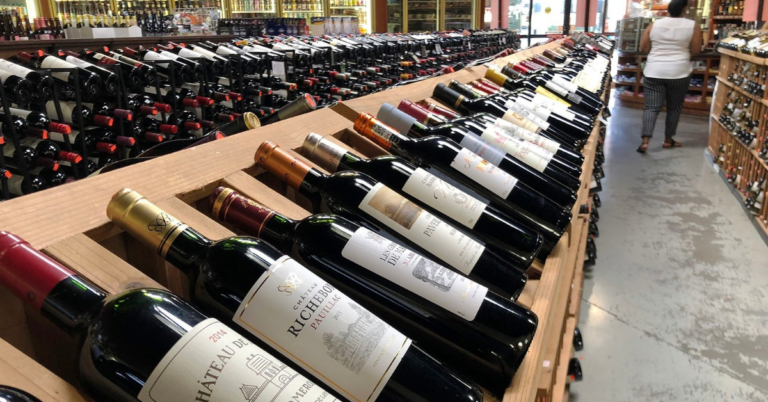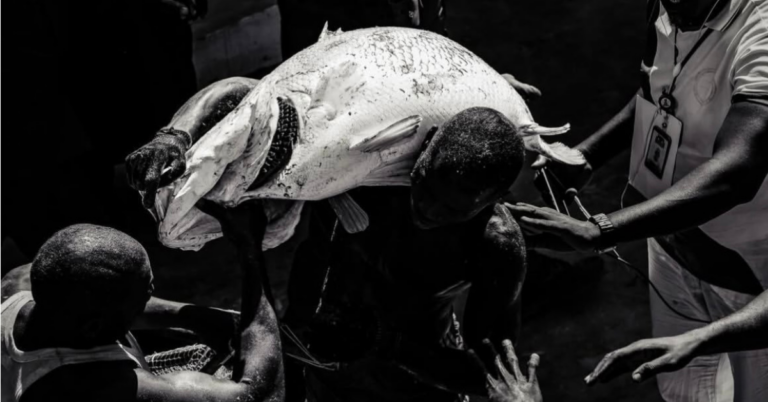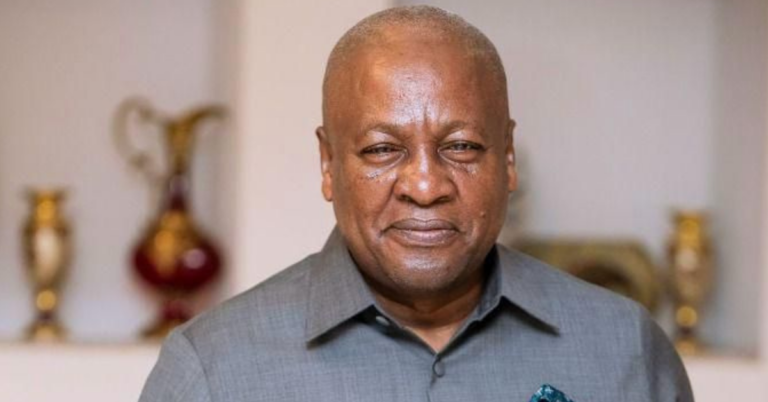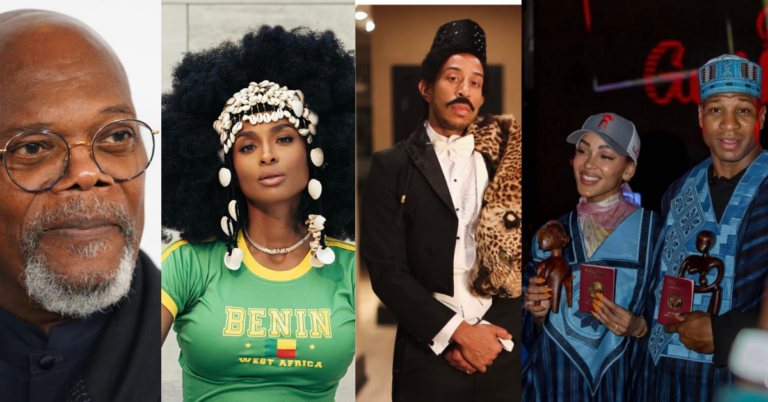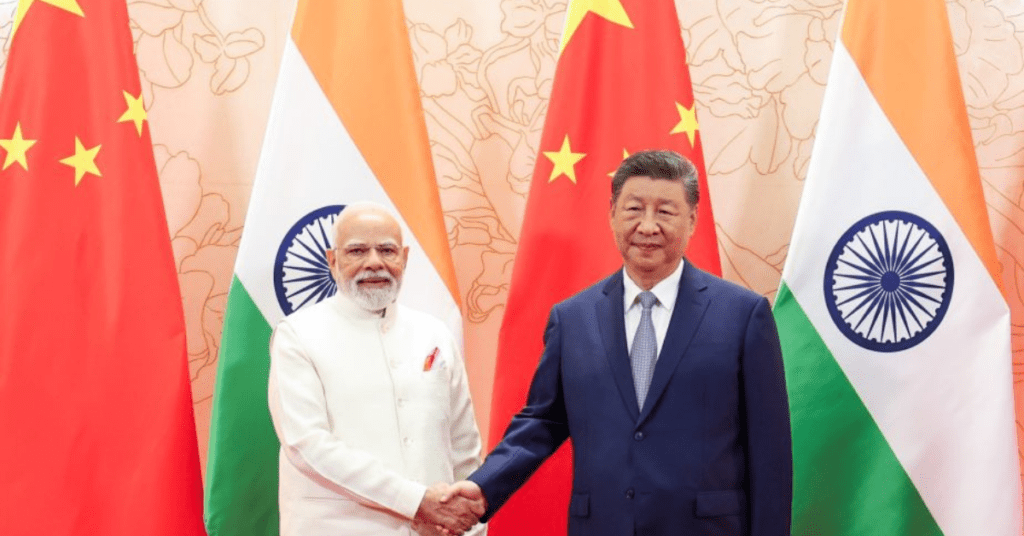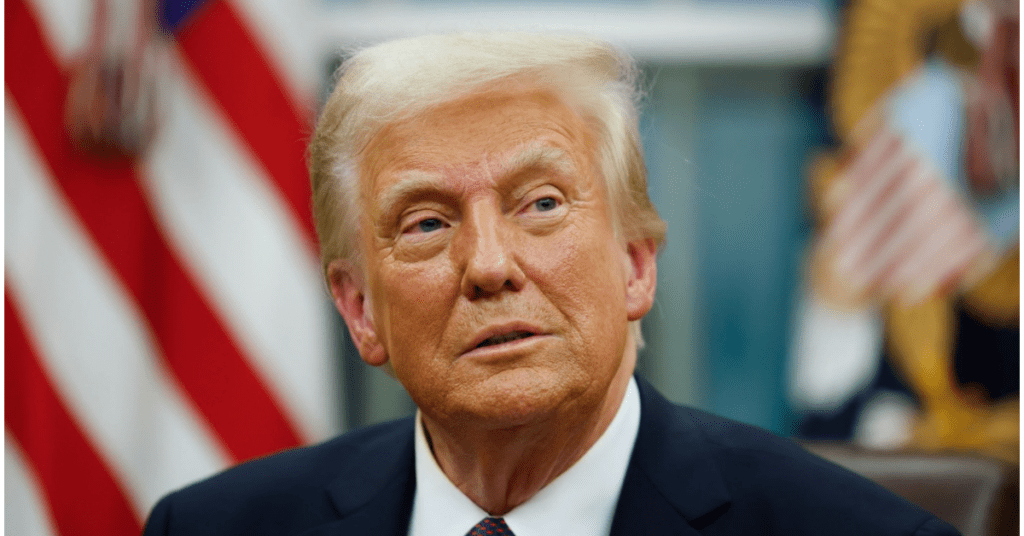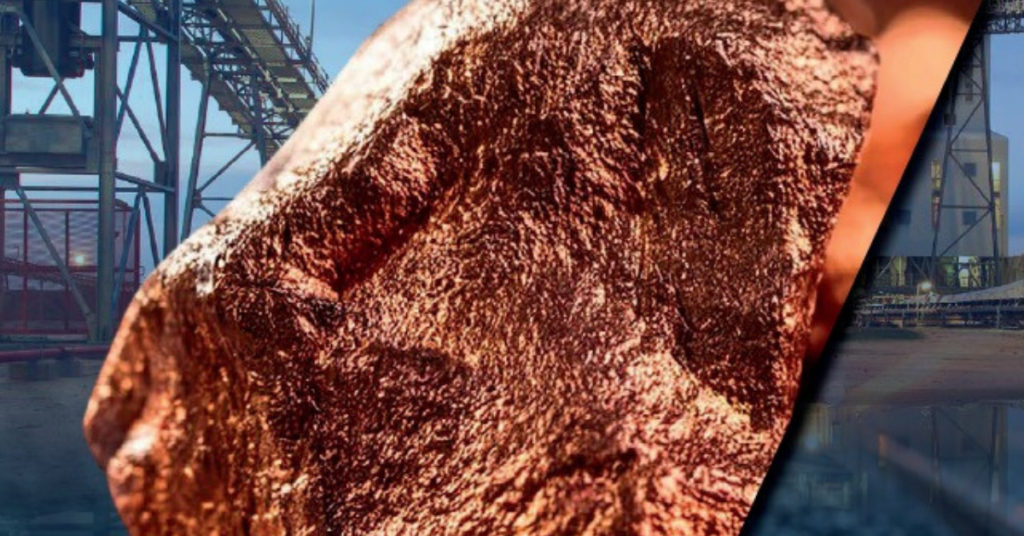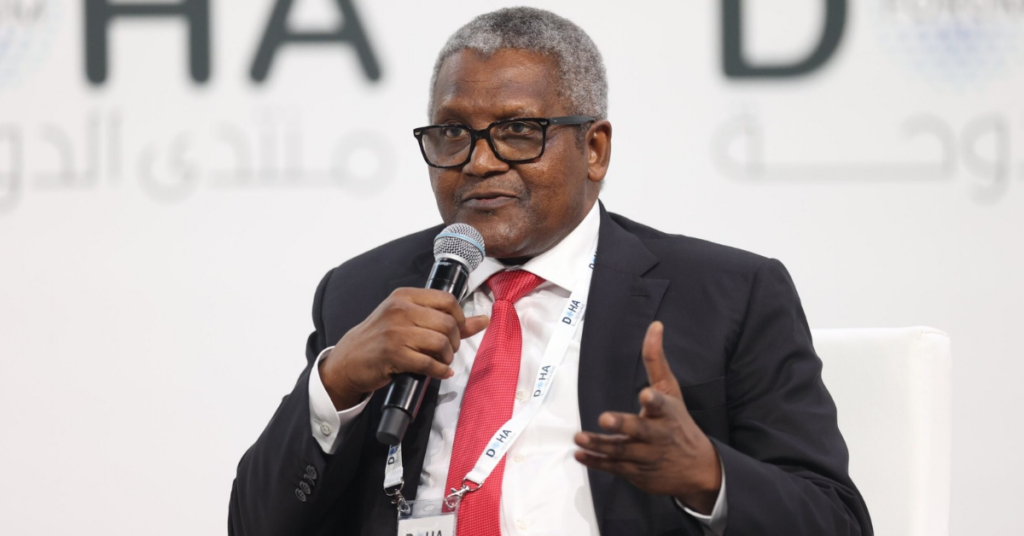Ghana’s President, H.E. John Dramani Mahama, has urged African leaders and global partners to strengthen collaboration and build sustainable markets that will drive global growth, as he addressed the 9th Tokyo International Conference on African Development (TICAD 9) in Yokohama.
Speaking on the theme “Co-create a Dynamic Future with Africa”, the President said the conference was being held against the backdrop of a rapidly changing world trade order where multilateralism is retreating and major economies are acting more unilaterally. He cautioned that recent trade wars, tariffs, and retaliatory measures risk leaving long-term ripple effects on global growth and prosperity, stressing the need for new coalitions to create alternative markets.
The Ghanaian president described Africa as the “next frontier for trade and investment,” citing its population of 1.4 billion people and a fast-growing middle class as critical assets. He highlighted the African Continental Free Trade Area (AfCFTA) as a pathway to transforming the continent into a major player in the global economy but noted that African governments must take responsibility to create an environment that encourages trade and investment.
“Africa is open for business, but trade and investment will not come to the continent merely because we wish it. We must silence the guns, reform our economies to make them stable and predictable, and ensure governance systems that are accountable and free of corruption,” he said.
He commended Japan for its long-standing support for African development but called for a shift from aid-driven assistance to mutually beneficial partnerships. According to him, Africa must leverage its natural resources and youthful human capital with Japan’s technology and innovation to co-create shared prosperity.
On the sidelines of the summit, President John Mahama met with Japan’s Prime Minister Shigeru Ishiba to advance Ghana-Japan cooperation in cocoa value addition, strategic infrastructure, and people-to-people ties. With Ghana supplying about 70 percent of Japan’s cocoa imports, he invited Japanese investment and a public-private partnership with the Cocoa Processing Company to revamp its plant and expand processing in Ghana. Discussions also covered the Volivo Bridge over the Volta Lake, for which Japan committed JPY 11.239 billion in 2016. He reiterated Ghana’s request for additional funding to close the remaining 64 percent procurement gap and accelerate the delivery of this vital transport link connecting northern farmers to southern markets.
The two leaders also marked milestones in Ghana-Japan relations, including the centenary of Dr. Hideyo Noguchi’s arrival in Ghana and the upcoming 50th anniversary of the Japan Overseas Cooperation Volunteers in 2027. Japan reaffirmed its readiness to support Ghana in infrastructure development and to explore solutions to funding challenges, while also discussing multilateral cooperation such as backing Japan’s candidate Masahiko Metoki for Director General of the UPU International Bureau and Japan’s stance on UN Security Council reform.
President John Mahama expressed appreciation for Japan’s continued friendship and stressed that the next phase of cooperation must deliver jobs, value addition, and connectivity for Ghanaians. He concluded by urging that TICAD 9 should mark a turning point for Africa to change its narrative and secure its place at the global decision-making table.

